
The fairest thing in nature, a flower, still has it's roots in Earth and manure
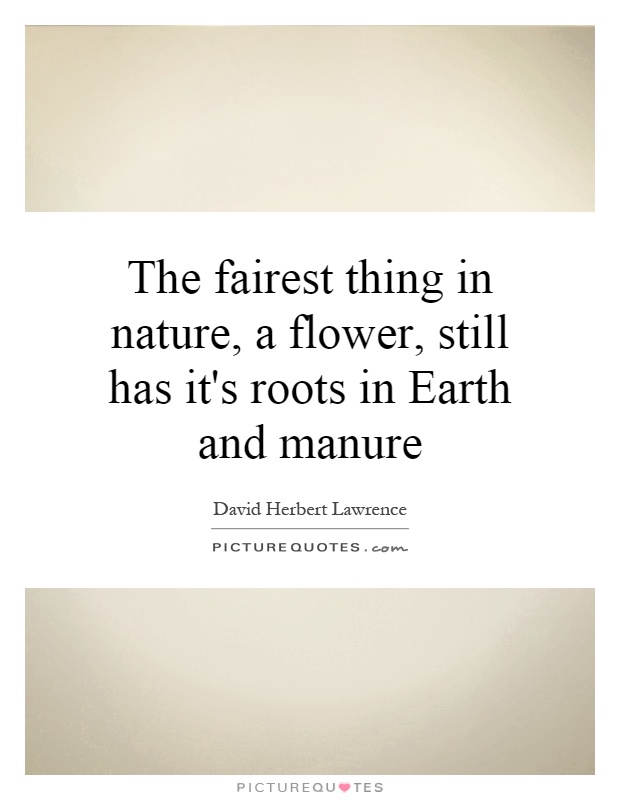
Nature QuotesFlower QuotesEarth QuotesIn Nature QuotesEarth And Man QuotesDavid Herbert Lawrence Quotes
The fairest thing in nature, a flower, still has it's roots in Earth and manure
David Herbert Lawrence, a renowned English writer, once said, "The fairest thing in nature, a flower, still has its roots in Earth and manure." This profound statement by Lawrence encapsulates the essence of life and growth in a simple yet powerful way. It speaks to the interconnectedness of all living beings and the importance of embracing our roots, no matter how humble they may be.Lawrence was known for his deep connection to nature and his ability to capture its beauty and complexity in his writing. He often used natural imagery to explore themes of love, desire, and the human experience. In this particular quote, Lawrence is reminding us that even the most beautiful and delicate things in nature are ultimately sustained by the earth and the cycle of life and death.
The image of a flower, with its vibrant colors and delicate petals, is often associated with beauty and purity. However, Lawrence reminds us that even the most exquisite flower is dependent on the soil it grows in and the nutrients it receives from the earth. In the same way, humans are also connected to the earth and rely on it for sustenance and support.
The mention of manure in Lawrence's quote is particularly striking, as it is a reminder of the less glamorous aspects of growth and transformation. Manure, often seen as dirty and unpleasant, is actually a vital source of nutrients for plants and plays a crucial role in the natural cycle of life. Lawrence is suggesting that we must embrace all aspects of our roots, even the ones that may seem unappealing or difficult to acknowledge.
Overall, Lawrence's quote serves as a powerful reminder of the interconnectedness of all living beings and the importance of staying grounded in our roots. Just as a flower cannot thrive without its roots in the earth and manure, we too must remember where we come from and the forces that have shaped us. By embracing our roots and acknowledging the less glamorous aspects of our past, we can grow and flourish in a more authentic and sustainable way.

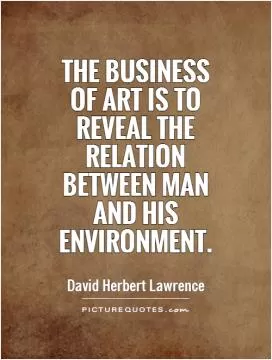
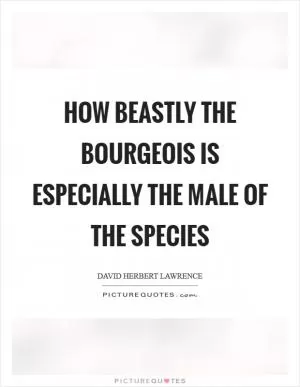
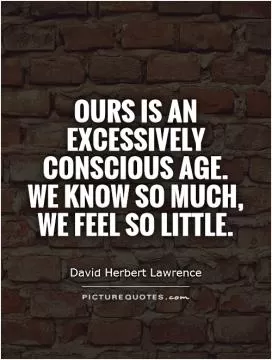





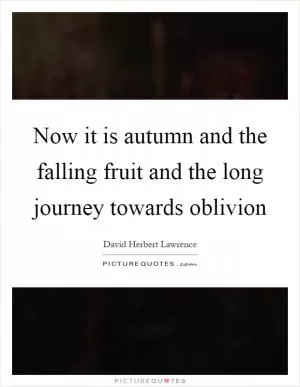


 Friendship Quotes
Friendship Quotes Love Quotes
Love Quotes Life Quotes
Life Quotes Funny Quotes
Funny Quotes Motivational Quotes
Motivational Quotes Inspirational Quotes
Inspirational Quotes